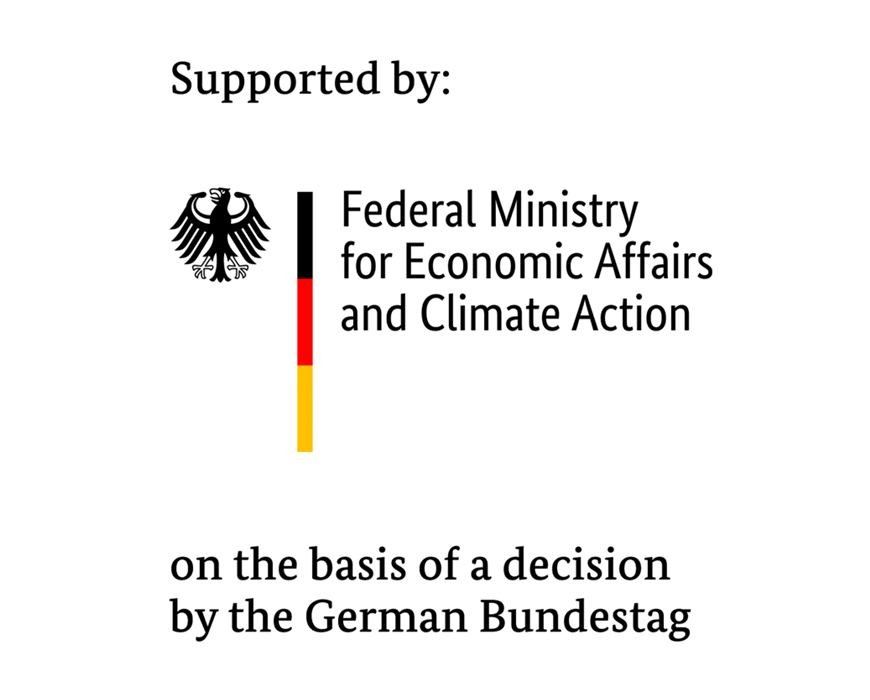| Funding: | BMWi |
| Partner: | Marum (Universität Bremen), Innogy SE, Geo-engineering.org GmbH |
| Duration: | 10/2015 – 09/2018 |
The research activities in this project are aimed at developing in-situ techniques for aiding vibration piling technology. Installation of large, so-called XL monopiles using vibration techniques can accelerate installation work, considerably reduce noise emissions, and minimize the pile damage caused by installation work. However, only very little is known at present about the effects of vibrations on soil properties, soil structure, and the final pile bearing capacity. Hence, the focus of this project is on investigating and clarifying these effects by means of site investigation prior pile installation and pile monitoring campaigns.
On the one hand, the project will record soil degradation following exposure to a variety of loads by comparing different in-situ data sets from Standard Penetration Tests (SPT), Static Cone Penetration Tests (CPTu), and a Vibratory CPT (Vibro CPTu) specially developed in the project. On the other hand, results from in-situ measurements will also be integrated in the installation planning. To this end, in-situ measurement data sets will be superimposed with data tracks measured at the pile head during dynamic pile loading tests (impact and vibration piling).
In this way, the following objectives will be pursued:
• Development of a Vibro-CPTu unit for the simulation of vibrational excitations during ground investigation
• Assessment of installation effects on the soil properties
• Development of a more reliable pile installation prognosis for the vibrational pile installation method. This includes the utilization of Vibro-CPTu data for the site-appropriate design of a specific vibration piling prognosis, including with regard to frequencies and force amplitudes.
• The possibility of using Vibro-CPTu data in the design of deep foundations will be investigated for static and cyclic loads in both axial and lateral directions
This project is affiliated with the "Vibro" research project led by Innogy SE in Altenwalde, Northern Germany, which serves as a kind of field laboratory with its data from site investigation campaigns and pile loading tests.
